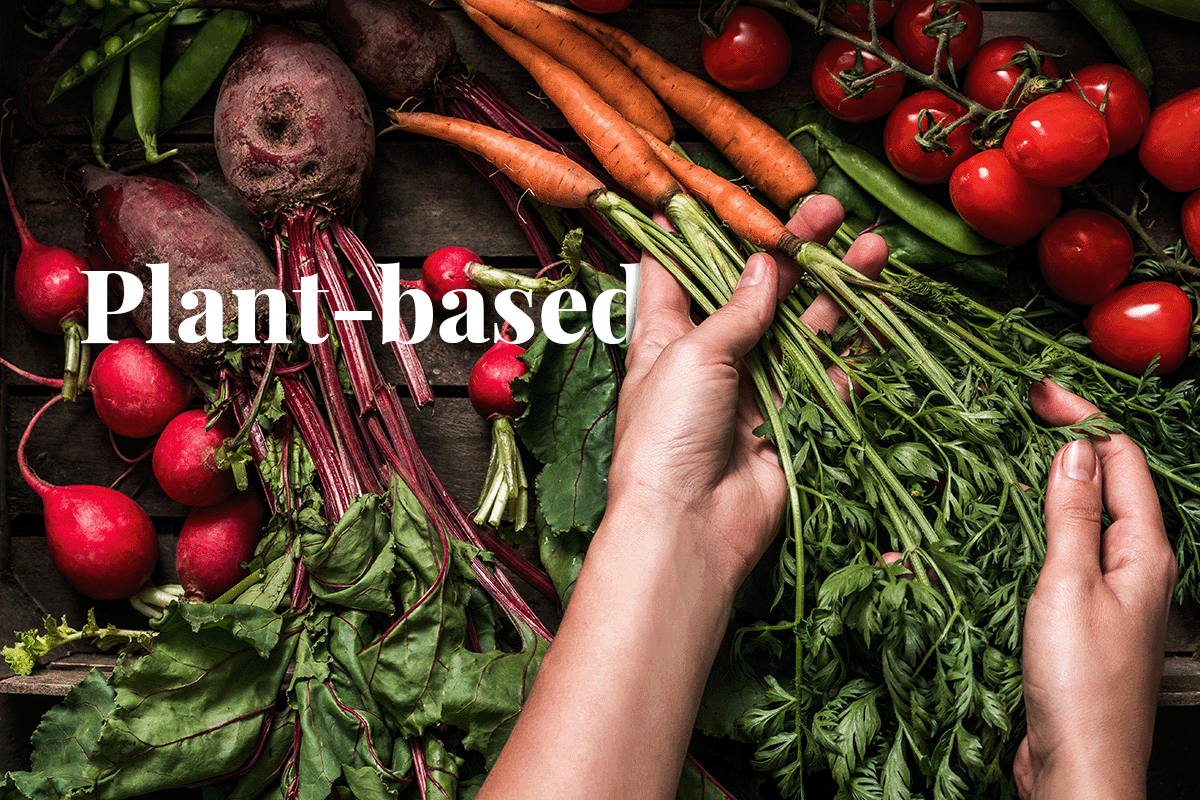The little choices we make daily can have a big impact! After analysing the evidence, the EAT–Lancet Commission determined that there are many benefits of plant-based diets that can help both human health and the health of our world. This was according to the Lancet paper by top researchers that examined the relationships between eating, the environment, and human health.

The researchers in the lancet paper quantifies a universal healthy reference diet based on an increase in the consumption of healthy foods (such as vegetables, fruits, whole grains, legumes, and nuts) and a decrease in the consumption of unhealthy foods (such as red meat, sugar, and refined grains), which would provide significant health benefits and increase the likelihood of achieving the sustainable development goals (SDGs).
What are the benefits of plant-based diets for people?
The benefits of plant-based diets for the human body have also been hailed, not the least of which is a decreased chance of illness. Here are but some of the benefits:
-
Plant-based diets help you have a healthier heart
A plant-based diet may be beneficial to your heart. Compared to a diet that includes a lot more meat, eating largely or exclusively fruits, vegetables, nuts, legumes, whole grains, and meat substitutes like soy, may reduce your chances of having heart disease, high cholesterol, and high blood pressure.
-
Plant-based diets keep your mind sharp for longer
There is strong evidence that eating a plant-based diet can reduce the progression of Alzheimer's disease. This is likely because fruits, whole grains, and vegetables—the Holy Trinity of a plant-based diet—are high in polyphenols, which may slow or even stop the ageing process of the brain.
Read more about plant-based living
What are the benefits of plant-based diets for the planet?
One person switching to a plant-based diet might not seem like much of a change. But, our small improvements add to big changes that can make a better planet for all creatures. Following are some environmental benefits of eating a plant-based diet:
-
Plant-based diets increase agricultural space
Agriculture occupies 40% of the Earth's ice-free continent, and animal products have a big environmental effect on our croplands. According to a 2017 study, if the United States ate more beans and less meat, we could free up 42% of cropland!
-
Plant-based diets save water
We could save at least half of our water use if we stopped eating meat and milk and switched to plant-based alternatives. Beef and dairy products require the most agricultural water. One pound of beef requires 6,813 litres of water to produce. We would save unspoilt environments if people ate plant-based diets.
-
Plant-based diets reduce the planet’s emissions
According to future forecasts, ‘vegan and vegetarian diets were connected with the largest consequences on the climate’. In one study, researchers discovered that simply substituting beans for beef may help the United States meet its carbon emission limits, and it will have the same effect if everyone starts eating a plant-based diet worldwide.
-
Plant-based diets save the lives of species
It is believed that following a plant-based diet plan saves one animal per day, many of these being smaller animals such as fish. Not only that, but following a plant-based diet plan will save 153 kg of CO2 per year, 84 square metres of forest, and 47,3176 litres of water in a single month.
-
Plant-based diets increase global food
Over two-thirds of all soybeans, maize, and barley, and around one-third of all grains are used as animal feed. According to research, transitioning away from animal-based diets can increase the world food supply by 49% without increasing cropland.
Conclusion
A plant-based diet has several advantages for both people and the planet. It can help in increasing green spaces, saving animals and other species, reducing CO2 emissions, and saving water and food. This is a significant change to consider as we search for sustainable living. A rise in plant-based diets, along with agroforestry, may be the best approach to support expanding populations without further harming the environment.
If you wish to become more sustainable, DGB Group has the tools to help you. We offer a tree planting subscription where you can plant trees and make a positive impact on the environment. You can also start your sustainability journey by taking the first step and calculating your carbon footprint with our free and easy-to-use carbon calculator.
Start calculating your carbon footprint!

